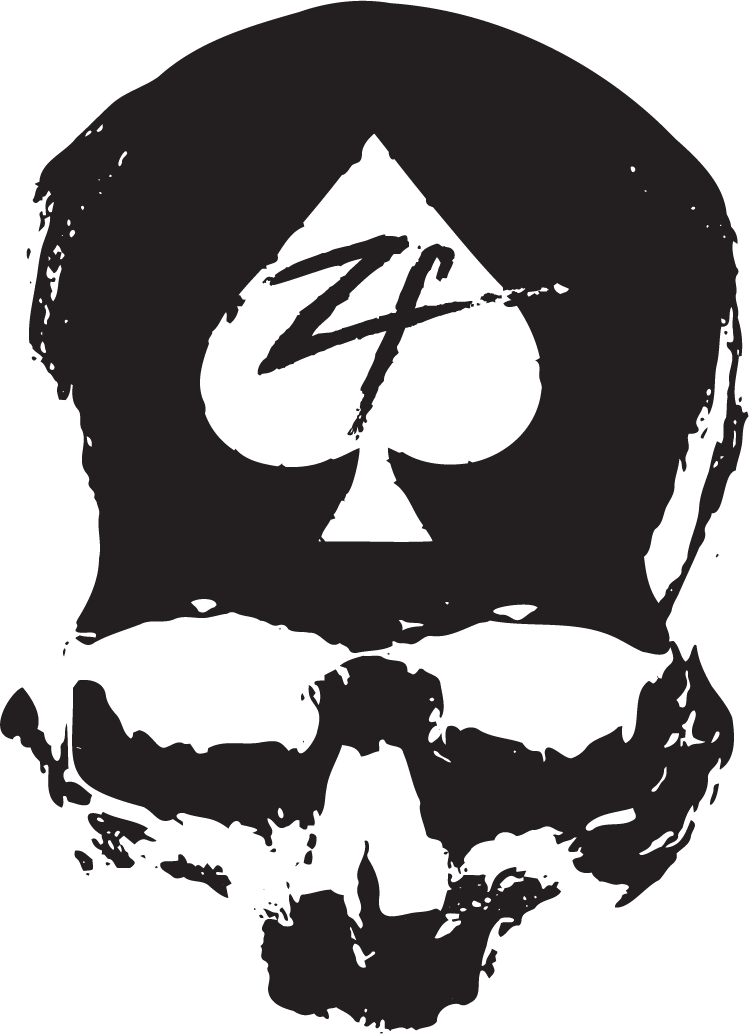Charles Whittlesey
U.S. Army
Medal of Honor recipient
Charles Whittlesey was a haunted soul, a man who lived his life like a grim apparition, always lurking in the shadows of the battlefield. Born on a distant day in 1884, he would go on to become a hero of the Great War, a man whose bravery and determination would become the stuff of legends.
In 1917, as the war raged on in Europe, Whittlesey was sent to fight on the front lines. It was there, in the thick of battle, that he would earn his place in history. As commander of the "Lost Battalion," Whittlesey and his men were tasked with holding their ground against a relentless enemy. But as the days wore on and the casualties mounted, they found themselves surrounded and outnumbered, with no hope of reinforcement or escape.
For five days, the 308th held their ground in the face of withering enemy fire. They fought bravely, holding their position against all odds. But as the days went by, their supply lines were cut off and they were soon running low on food, water, and ammunition.
Despite the dire situation, Whittlesey refused to give up. He rallied his men, giving them hope in the face of certain defeat. He sent out messenger pigeons, begging for supplies and reinforcements. But as the days passed, the situation grew increasingly more desperate.
Whittlesey was a man possessed; a soldier driven by a fierce determination to see his men through to the end. Despite the odds against them, he rallied his troops and led them in a desperate stand against the enemy. The battle was a bloodbath, a brutal test of wills that lasted for days, but in the end, Whittlesey and his men emerged victorious, having held their ground against all odds.
But the victory was bittersweet, for the cost of their bravery was steep. Whittlesey himself was a broken man, scarred by the horrors he had witnessed and the weight of the lives he had lost. He would return from the war a hero, but also a prisoner of his own haunted memories, a man forever trapped in the shadows of the battlefield.
And so it was that Charles Whittlesey a man whose bravery and determination would never be forgotten, a hero of the Great War, lost but not forgotten in the annals of history.
Whittlesey would take his own life while at sea going from New York to Havana in 1921. Colonel Averill, the 308th's commander, said at Whittlesey's funeral that his death, "was in reality a battle casualty and that he met his end as much in the line of duty as if he had fallen by a German bullet."




